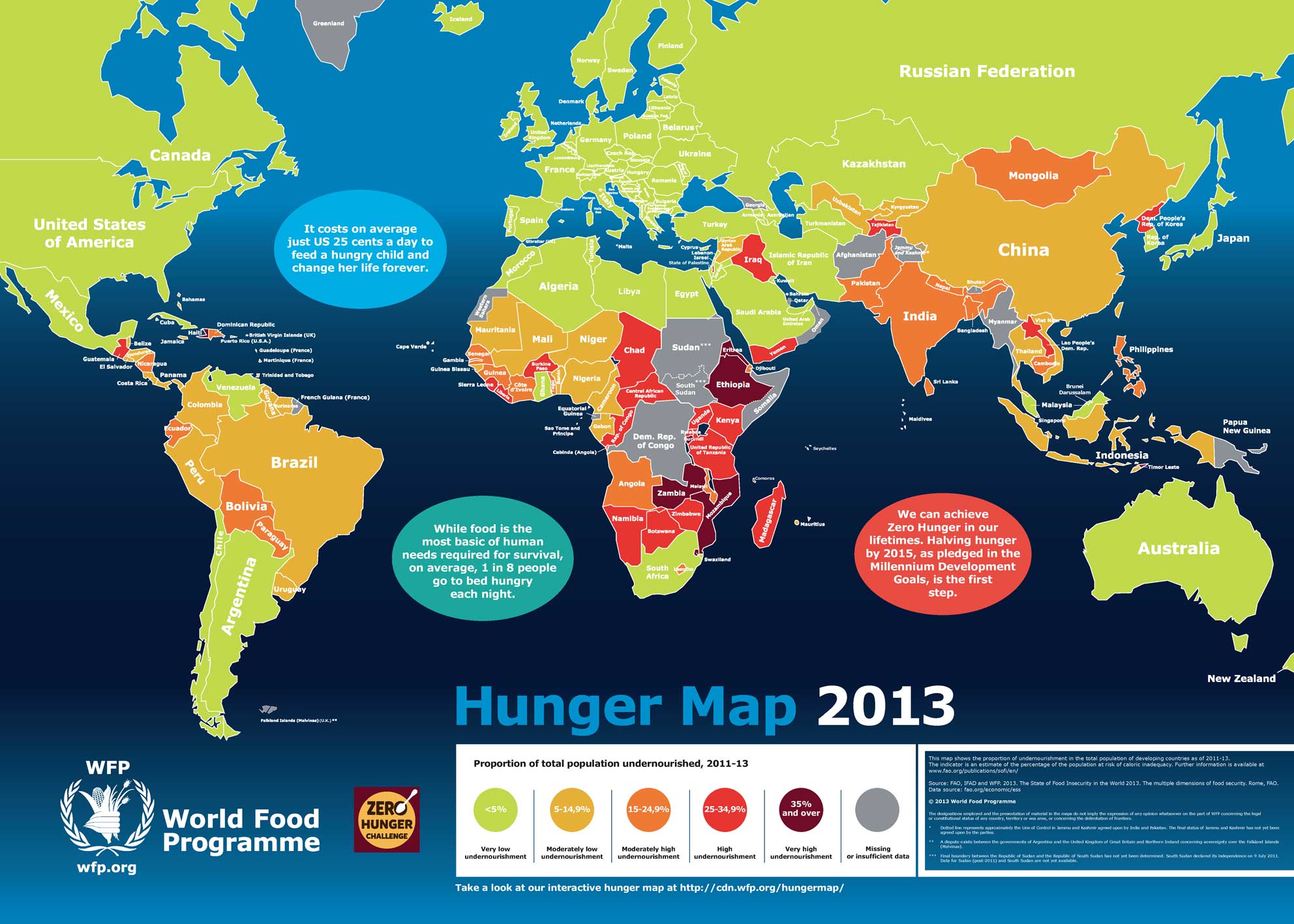FTC Disclosure: Delicious Obsessions may receive comissions from purchases made through links in this article. As an Amazon Associate I earn from qualifying purchases.Read our full terms and conditions here.
{Today, Amy Thedinga shares a fantastic post on the importance of family meals. I am a strong believer in the power of family meals to help solve problems and create confidence and comfort within the family unit. Amy takes it a step further in this post and shares more insight on just how important these family meals could be. I hope you enjoy! ~Jessica}
It was a nice day and we had some errands to run so we piled our family of five into the car and headed out.
In our too often characteristic way of miscommunicating, my husband and I had very different focal points for our day. Mine was, as usual, centered on food. His was, also as usual, centered on getting stuff done.
As the lunch hour came and went, the rumbling in my tummy became a little more than a distraction. My casual mentions of food went unnoticed by my husband, intently focused on our to-do list.
Around two o’clock, my low blood sugar got the best of me and I blew up, losing my temper in a spectacular way.
You see, I don’t do well without food. I get hangry when I don’t eat. You know, an ugly combination of hungry and angry.
It turns out, I’m not alone in this. An estimated one billion people in the world are hungry. Every single day. If you look at the world hunger map, you will see that some of the most unstable areas of the world area also the hungriest. I can imagine that if I feel the way I do when I am hungry, it would only be compounded if my kids were hungry and all my neighbors were hungry – all the time.
 Click Image to View Larger Version
Click Image to View Larger Version
Image used with permission of World Food Programme
So it would seem that there’s a connection between hunger and some of the worst realities of our world: war, terrorism, and human trafficking to name a few.
But hunger isn’t the only global problem related to food. There are also one billion obese people on our planet. Which may seem like an opposite problem, but it’s not. Stick with me for a moment.
Our global food system is broken.
Because of poor agricultural practices which are perpetuated by problematic government policy related to food, more and more people subsist on a diet that is making them fat and sick. Not only has there been a sharp increase in diseases related to obesity in recent years, but cancer and mental illness are on the rise as well. And America has imported this defunct food system around the world.
So what’s the solution?
Well that’s a complicated question with an even more complicated answer, but in short, the people who have the means to do so need to stop eating off the grocery market shelves or going through the drive-through where 3/4 of the food is made from processed soy, corn, and wheat.
If we stop buying the subsidized commodity crops, the food industry will be forced to change their way of doing business and our nation can shift back to a food system reliant on small, diverse, local farms. Which is exactly what needs to happen to feed the people of impoverished regions.
For more information on how YOU can help change the current food system, I strongly encourage you to read this post.
Could the alternative be as simple as local, whole food, home cooked meals.
You might be thinking you don’t have the time for that and maybe you don’t like to cook. But what if you believed that the solutions to some of the world’s most troubling problems lie in that one simple change?
And the benefits are not just global either.
Children who eat regular, whole food family dinners are not only less likely to develop obesity and other eating disorders, but they are also less likely to give into peer pressure, try drugs and alcohol, or get arrested for a crime. Children who don’t come to the family table are proven to be more likely to have bad grades, experience teen pregnancy, and suffer from overall lack of self esteem (source) (source) (The-importance-of-family-dinners VIII).
So could the solution to the world’s scariest problems be as simple as ditching the junk food and gathering your family around the dinner table for home cooked, whole food meals?
It’s sure worth a try.
If you need help finding the time and money to feed your family real, organic food, check out my free resource by clicking here.
About Amy
 Amy Thedinga is on a mission to help busy people discover the healing power of whole foods and a non-toxic lifestyle. After a series of catastrophic health events served as her wake up call, Amy was desperate to learn what it took to be healthy, vibrant, happy, and well. Through study, research, and lots of trial and error, Amy was able to heal her body and now teaches others to do the same. She blogs about her journey on her site, and you can also find her on Facebook, Twitter, and YouTube.
Amy Thedinga is on a mission to help busy people discover the healing power of whole foods and a non-toxic lifestyle. After a series of catastrophic health events served as her wake up call, Amy was desperate to learn what it took to be healthy, vibrant, happy, and well. Through study, research, and lots of trial and error, Amy was able to heal her body and now teaches others to do the same. She blogs about her journey on her site, and you can also find her on Facebook, Twitter, and YouTube.
